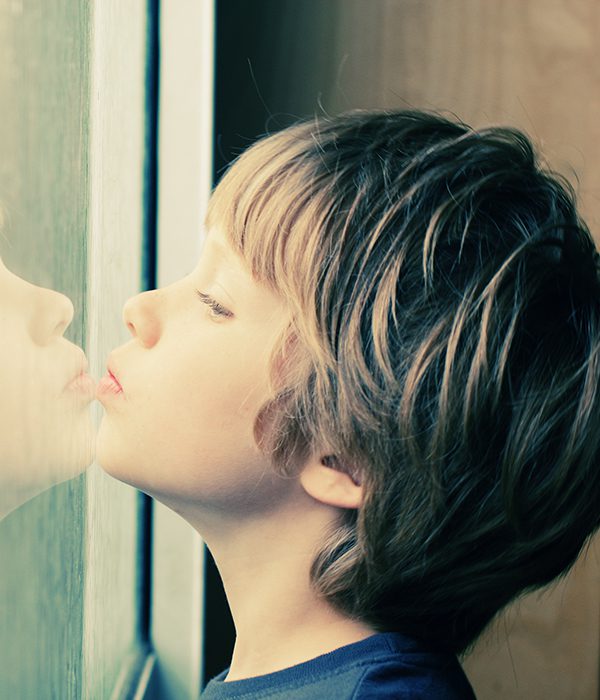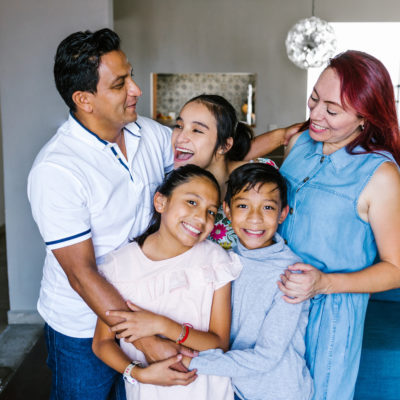Description
An explosion of trauma-focused research over the past two decades has contributed to a rich and dynamic knowledge base. The current challenge for both novice and experienced clinicians is knowing what to address first and how to intervene when faced with increasingly complex cases involving multiple services.
Developed for clinicians in a variety of settings, this course “Working with Clinically Complex Children and Families” provides clinical consultation within a framework that is culturally sensitive and evidence-informed. Through case-based learning, participants will apply evidence-based trauma models and established and emerging techniques with real cases that address client’s emotion dysregulation, attention, substance use and behaviour, etc. in the context of the family and community. Participants will engage in discussion and receive practical feedback to build capacity to match interventions to the client diagnosis, presenting problem, age & developmental stage, family and community context.
Participants are encouraged to bring a case for discussion – example cases should contain only non-identifying information.
Learning Outcomes
- Perform a thorough assessment of trauma and concurrent issues taking into consideration extensive knowledge of the individual, their family, and cultural context.
- Identify evidence-informed interventions and treatment which are effective and appropriate for the trauma type, concurrent mental health issues, and the client’s family and culture.
- Develop a viable treatment plan with input from the client and family and evaluate progress toward goals.
Who Should Attend
“Working with Clinically Complex Children and Families, Case-based Consultation” is recommended for clinicians treating various types of complex trauma in addition to concurrent, mood, anxiety, attention, substance use and acting out behaviours working with children (2-12 years), adolescents (12-18 years) and families in outpatient, inpatient/residential, in-home or crisis intervention programs.
Course Dates & Format
There are no scheduled dates for this course at this time, however in-service is available.
This is a 12-hour training.
Instructor: Niki Gomez-Perales, MSW, RSW
Niki Gomez-Perales is a recognized expert in the areas of children’s mental health, complex trauma, attachment and dissociation. Niki completed her B.S.W. from McMaster University in 1986 and her M.S.W. from the University of Toronto in 1991. She has more than 30 years of experience in the fields of child welfare and children’s mental health. For the past 25 years Niki has worked as a therapist at a Children’s Mental Health clinic in Hamilton Ontario.
Niki has lectured on Complex Trauma and Attachment with the ISST-D, the ESTD, the International Society for Traumatic Stress Studies, the European Society for Traumatic Stress Studies, Association for Training on Trauma and Attachment in Children, Safeguards Training for Children and Adult Services and the Ontario College of Social Workers and Social Service Workers. She has special interests in the areas of Interpersonal Neurobiology, Polyvagal Theory, Somatic Experiencing, Early and Pre-verbal Trauma and Attachment.
Niki has advanced training in EMDR, Clinical Hypnosis, Dyadic Developmental Psychotherapy and Emotionally Focused Family Therapy. She is an active member and Fellow of the International Society for the Study of Trauma and Dissociation and a winner of the ISSTD 2016 written media award for her book, “Attachment-Focused Trauma Treatment for Children and Adolescents: Phase-Oriented Strategies for Addressing Complex Trauma Disorders,” (2015. Routledge).
Training Fee
Group Registration: Save 20% off individual fees with a group registration of 4 or more participants. Download the group registration form HERE.
Continuing Education Information
Licensing boards and professional organizations will grant Continuing Education credits for attendance at their discretion when participants submit the course outline and certificate.
In-Service
This is available as an in-person or virtual in-service training and customized to suit your needs.



